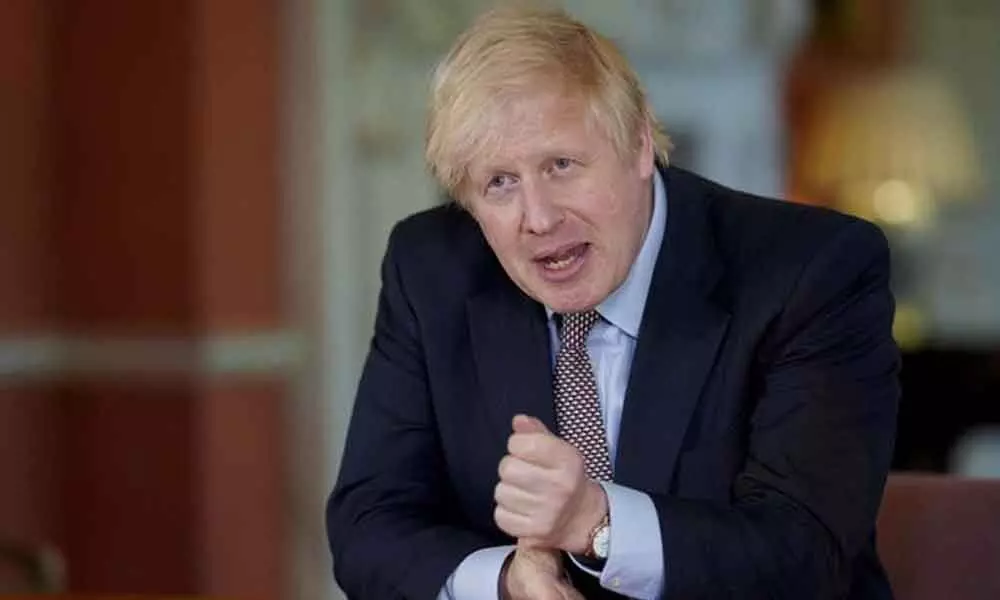Just In
The inexplicable moves of Boris Johnson


The inexplicable moves of Boris Johnson
Has Britain really put its foot on the accelerator and hurtling itself towards the cliff by stating that it could break international law by ignoring some parts of its European Union divorce treaty?
Has Britain really put its foot on the accelerator and hurtling itself towards the cliff by stating that it could break international law by ignoring some parts of its European Union divorce treaty? Does this not amount to undermining 'Pacta sunt servanda' which is the foundation of prosperous future relations? Boris Johnson, the Prime Minister may be trying to push the block out of the negotiations perhaps.
Otherwise, why would it do so? Britain plunged Brexit trade talks into crisis on September 9 by explicitly acknowledging that it could break international law by ignoring some parts of its European Union divorce treaty, prompting a rapid rebuke from the EU's chief executive.
Britain proposed a legislation that it would ignore some of the clauses of the Withdrawal Agreement which was signed as recently as in January. The Bill - The Internal Market Bill - spells out that certain provisions are "to have effect notwithstanding inconsistency or incompatibility with international or other domestic law."
Ursula von der Leyen, president of the European Commission, promptly tweeted that she was "very concerned." "This would break international law and undermines trust. The bill's publication, on the day the EU's chief negotiator arrived in London for a new round of trade talks, suggested to some that Prime Minister Boris Johnson might be trying to goad the bloc into storming out of those negotiations. But EU sources said they would not seek a suspension.
Secondly, the government said the UK would not follow EU rules for state aid — a key stumbling block in the negotiations with Europe to date. Instead, it will apply state aid rules agreed at the World Trade Organization level, which are less strict. It raises questions about the UK's ability to apply a WTO framework — which is meant to solve trade issues between two different nations — to its unique four-nation formation.
After all, the United Kingdom is not a single nation. It is a union of four countries: England, Scotland, Wales and Northern Ireland. The Crown dependencies (the Channel Islands and the Isle of Man) are largely self-governing with the UK responsible for their defence and international relations and are not part of the United Kingdom. Under the latest government bill, the UK government is overriding that part of the Withdrawal Agreement by giving its ministers the power to "disapply" that specific law concerning state aid.
It addresses the Northern Ireland Protocol - an element of the withdrawal agreement designed to prevent a hard border returning to the island of Ireland. The Bill proposes no new checks on goods moving from Northern Ireland to Great Britain. If EU was taken aback by the Bill moved, it is no surprise. The withdrawal agreement was a legal document. But the United Kingdom fears that the WTO rules would bring the hard border alive between England and Ireland.
Another gambit that Boris Johnson has taken with the Bill is with Northern Ireland. Will it lead to disastrous consequences of yester years? The Internal Market Bill will be debated on September 14, for the first time, by the government. What exactly does Boris Johnson seek? A clean exit or continuation of the uncertainty? He is being too political. All his efforts, so far, have been aimed at clinging to power somehow and little national interest seems to be in his mind.

© 2024 Hyderabad Media House Limited/The Hans India. All rights reserved. Powered by hocalwire.com






